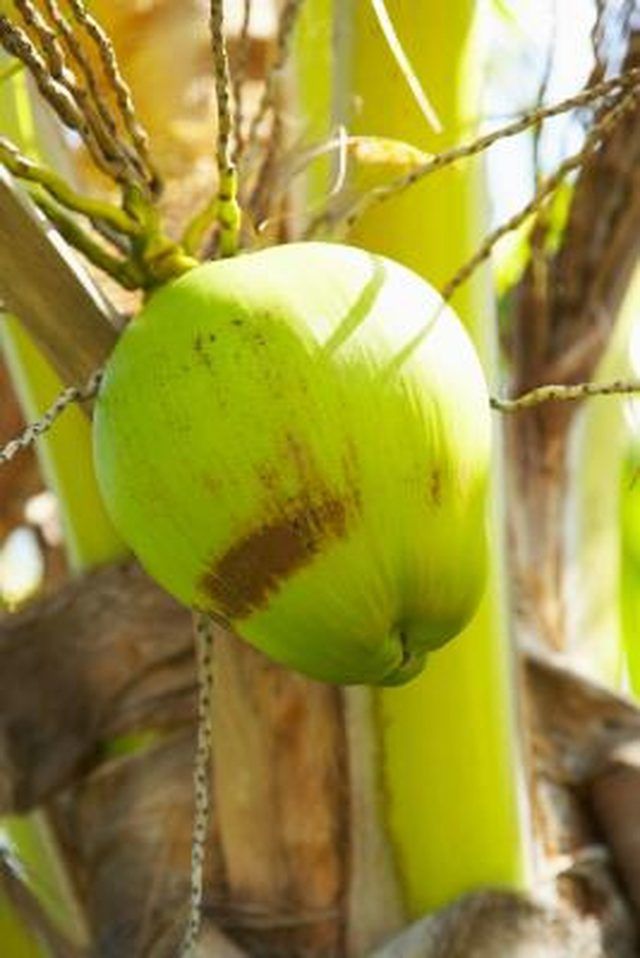Bulbs
Flower Basics
Flower Beds & Specialty Gardens
Flower Garden
Garden Furniture
Garden Gnomes
Garden Seeds
Garden Sheds
Garden Statues
Garden Tools & Supplies
Gardening Basics
Green & Organic
Groundcovers & Vines
Growing Annuals
Growing Basil
Growing Beans
Growing Berries
Growing Blueberries
Growing Cactus
Growing Corn
Growing Cotton
Growing Edibles
Growing Flowers
Growing Garlic
Growing Grapes
Growing Grass
Growing Herbs
Growing Jasmine
Growing Mint
Growing Mushrooms
Orchids
Growing Peanuts
Growing Perennials
Growing Plants
Growing Rosemary
Growing Roses
Growing Strawberries
Growing Sunflowers
Growing Thyme
Growing Tomatoes
Growing Tulips
Growing Vegetables
Herb Basics
Herb Garden
Indoor Growing
Landscaping Basics
Landscaping Patios
Landscaping Plants
Landscaping Shrubs
Landscaping Trees
Landscaping Walks & Pathways
Lawn Basics
Lawn Maintenance
Lawn Mowers
Lawn Ornaments
Lawn Planting
Lawn Tools
Outdoor Growing
Overall Landscape Planning
Pests, Weeds & Problems
Plant Basics
Rock Garden
Rose Garden
Shrubs
Soil
Specialty Gardens
Trees
Vegetable Garden
Yard Maintenance
Can You Water Coconut Trees With Sea Water?
Can You Water Coconut Trees With Sea Water?. According to the Purdue University Agriculture website, watering a coconut palm, or Coco nucifera, with salt water has no improving effect. Coconut palms are salt-spray tolerant but should only be exposed to limited salinity levels when watering.

According to the Purdue University Agriculture website, watering a coconut palm, or Coco nucifera, with salt water has no improving effect. Coconut palms are salt-spray tolerant but should only be exposed to limited salinity levels when watering.
Maximum Salinity
Coconut palms can withstand plenty of environmental factors, including low or high pH, salty spray, slopes, insects, excessive heat and even poor soil. But when watering a coconut palm tree yourself, don't use water exceeding a salinity level of .6 percent.
Salt Necessity
Coconut palms do not need salt to survive, despite their presence on sandy beaches around the world. The coconut palm can be grown inland just as well as on the coast, according to the University of Florida Extension website. The sandy beach locale so often seen as a backdrop is due to the palm's germination process, which occurs when foreign coconuts wash ashore and germinate naturally in the sand.
Salt in the Soil
Salty, brackish soils do not affect coastline coconut palms, and the trees do well despite it. As long as the sand is well-draining and between a pH of 5.0 and 8.0, the palm will thrive.
Fresh Water Requirements
Coconut palms require a minimum of 30 to 50 inches of rainfall a year, in addition to temperatures that do not fall below 32 degrees Fahrenheit. In home gardens, coconut palms should be watered with an inch of rainfall or fresh-water spray once a week, especially in the first year of transplantation.